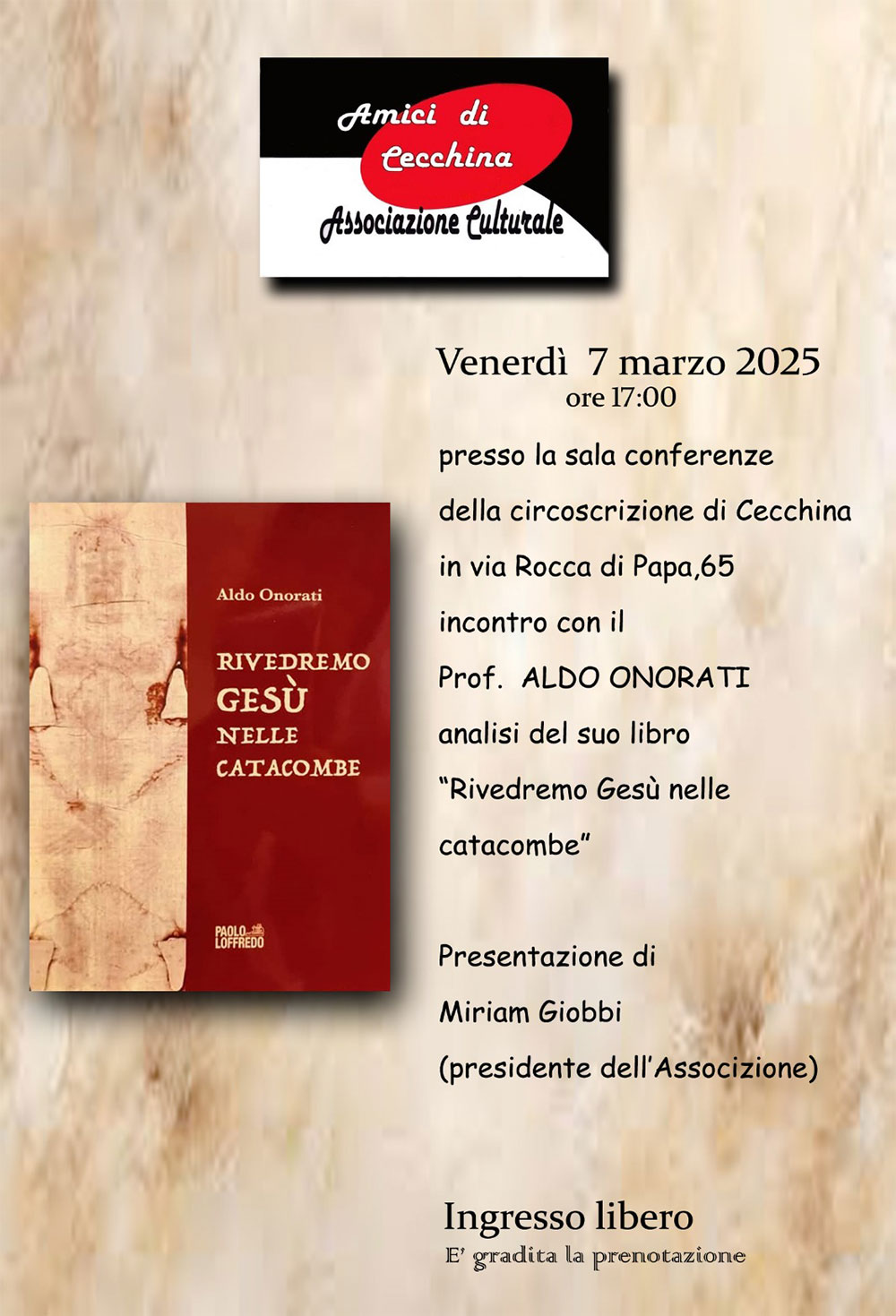 Paolo Loffredo, sixth generation of a large family of publishers and booksellers engaged in the production and distribution of books since the late nineteenth century, creates in 2012 the new editorial company Paolo Loffredo Editore. The historical site was until the '80s in the heart of the historic centre of Naples in Via San Biagio dei Librai, lower Decumano and also known as the SpaccaNapoli.
Paolo Loffredo, sixth generation of a large family of publishers and booksellers engaged in the production and distribution of books since the late nineteenth century, creates in 2012 the new editorial company Paolo Loffredo Editore. The historical site was until the '80s in the heart of the historic centre of Naples in Via San Biagio dei Librai, lower Decumano and also known as the SpaccaNapoli.
At the beginning of the twentieth century, Giuseppe Loffredo decided to add book selling to the book production, which definitively imposed itself after World War II with the publication of manuals for the University and for the School that succeeded in establishing themselves soon throughout Italy.
LAST EVENT
"Rivedremo Gesù nelle catacombe"
07 Marzo 2025 - Sala Conferenze circoscrizione di Cecchina - via Rocca di Papa 65, Albano Laziale (RM) - ore 17,00

Language first
ISSN: 2611-1349
Language: English
Publisher: Paolo Loffredo Iniziative Editoriali Srl

Description
Language first. Analyzing online discourse
It is a widely known fact that new media technologies now permeate all aspects of human communication, blurring traditional distinctions between mass, interpersonal and institutional communication realms. Advanced Computer Mediated communication has especially witnessed an exponential growth in the last decades as we increasingly turn to the Web to achieve our informational, educational, relational, persuasive and entertainment goals. Language First. Analyzing Online Discourse explains and discusses this surge through a linguistic approach which highlights how people continue to use language as the primary meaning-making resource in text-based environments to satisfy multiple communication needs. Rather than focus on the nature of the medium itself, and the added value that is embedded in its potential to trigger meaningful interactions, the real-life case studies presented in this publication especially provide a window into the processes involved in the creation of an online persona through specific discourse behaviors. By exhibiting contributions deployed in mainly asynchronous discussion forums, robust evidence of the multifaceted use of language in online communication is provided.



